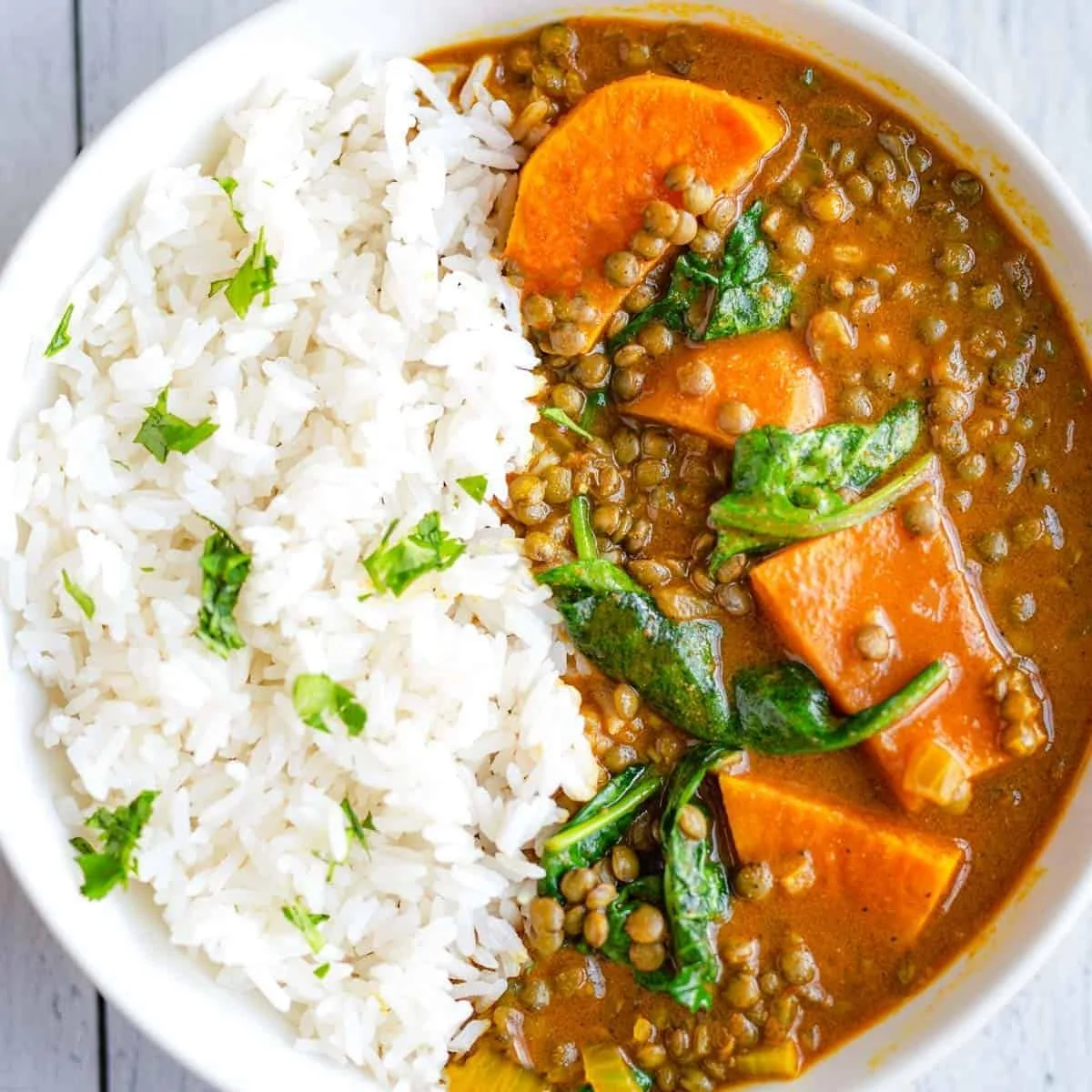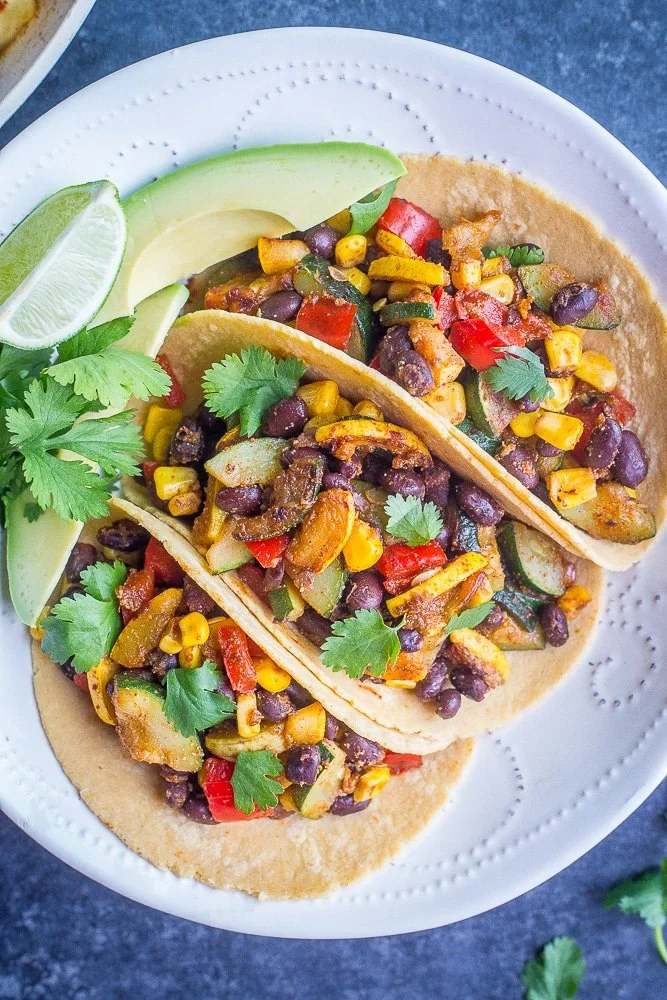Ingredient Ideology | Top 10 Meatless Protein Foods to Include in Our Diets By: Dr. Kaviraj Khialani
/Top 10 Meatless Protein Foods to Include in Our Diets
Introduction to Proteins:
Proteins, essential to life's fundamental processes, are intricate molecules composed of amino acids, the building blocks of their structure. These amino acids arrange themselves in a specific sequence, determining the protein's primary structure, which then folds into secondary, tertiary, and, in some cases, quaternary structures. This intricate architecture underscores proteins' versatility, allowing them to fulfil a myriad of critical functions within living organisms. Enzymes, as catalysts, facilitate biochemical reactions, while structural proteins provide support for cells and tissues. Transport proteins move molecules across membranes, and hormones regulate physiological processes. Antibodies play a vital role in the immune system, contractile proteins enable muscle movement, and storage proteins store essential molecules. The synthesis of proteins occurs through transcription and translation, with DNA encoding information transcribed into mRNA, which then guides the assembly of amino acids into a functional protein. In essence, proteins are the molecular workhorses that orchestrate and execute the biological symphony of life. Understanding their structures and functions is paramount for unravelling the intricacies of health, diseases, and potential therapeutic interventions.
How do Proteins help us in our body maintenance:
Proteins are vital for body maintenance through various essential functions. They contribute to tissue structure and repair, act as enzymes to facilitate metabolic processes, play a key role in immune function by producing antibodies, transport crucial molecules like oxygen and regulate physiological processes through hormones. Proteins are essential for muscle contraction, contribute to storage and release of important molecules, and help maintain pH balance and fluid distribution in the body. Their multifaceted roles make proteins indispensable for overall health and the proper functioning of cells and tissues.
What are the different types of Dietary Proteins available:
Dietary proteins can be sourced from various plant and plant-based alternatives, offering a range of nutritional benefits:
Legumes: Beans, lentils, and peas are rich in protein, fibre, and essential nutrients.
Nuts and Seeds: Almonds, peanuts, chia seeds, and sunflower seeds provide protein along with healthy fats.
Soy Products: Tofu, tempeh, and edamame are complete plant proteins, offering all essential amino acids.
Whole Grains: Quinoa, barley, and bulgur contain moderate amounts of protein along with fibre and other nutrients.
Plant-Based Alternatives: Products like plant-based burgers and sausages offer protein for those following vegetarian or vegan diets.
Including a variety of these plant-based proteins ensures a well-balanced and nutritious diet.
How do meatless protein options help in better well-being:
Meatless protein options offer several benefits that contribute to better well-being:
Heart Health: Plant-based proteins are often lower in saturated fats and cholesterol compared to some animal-based proteins. This can contribute to better heart health by reducing the risk of cardiovascular diseases.
Weight Management: Many meatless protein sources, such as legumes, nuts, and seeds, are rich in fibre. Fiber promotes a feeling of fullness, helping with weight management by reducing overall calorie intake.
Digestive Health: Plant-based proteins often come with dietary fibre, which supports digestive health. Fiber helps prevent constipation, promotes regular bowel movements, and fosters a healthy gut microbiome.
Nutrient Density: Meatless protein sources are often rich in various vitamins, minerals, and antioxidants. These nutrients contribute to overall health, supporting functions such as immune system activity and cell repair.
Lower Risk of Chronic Diseases: Diets rich in plant-based proteins have been associated with a lower risk of certain chronic diseases, including type 2 diabetes and certain types of cancer. Antioxidants found in plant-based foods may play a role in these protective effects.
Environmental Sustainability: Choosing meatless protein options is often more environmentally sustainable. Plant-based diets generally have a lower environmental impact in terms of greenhouse gas emissions, land use, and water consumption compared to animal-based diets.
Ethical Considerations: Opting for meatless protein aligns with ethical considerations for those concerned about animal welfare and the environmental impact of animal agriculture.
Diverse Nutrient Profiles: Plant-based proteins offer a diverse range of nutrients, allowing individuals to obtain a variety of essential amino acids, vitamins, and minerals from different sources.
It's important to note that a well-balanced and varied diet is key to reaping the benefits of meatless protein options. Combining different plant-based protein sources ensures the intake of a complete range of essential amino acids and nutrients necessary for optimal health and well-being.
List of top 10 Meatless Protein ingredients:
Here is a list of top 10 meatless protein ingredients:
Lentils: High in protein and fibre, lentils are versatile and can be used in various dishes like soups, stews, and salads.
Chickpeas (Garbanzo Beans): Rich in protein, chickpeas are a staple in many vegetarian and vegan diets. They can be used in salads, curries, or blended into hummus.
Quinoa: A complete protein source, quinoa is a nutritious grain that can be used as a base for salads, bowls, or as a side dish.
Tofu: Made from soybeans, tofu is a versatile protein that takes on the flavours of the dishes it's cooked with. It can be stir-fried, grilled, or used in soups and curries.
Tempeh: Another soy-based product, tempeh is a fermented protein source with a nutty flavour. It's often used in sandwiches, stir-fries, or as a meat substitute.
Black Beans: These beans are a good source of protein and fiber. They can be used in a variety of dishes, including tacos, salads, and soups.
Edamame: Young soybeans, or edamame, are a tasty and protein-rich snack. They can also be added to salads or enjoyed on their own.
Chia Seeds: These tiny seeds are packed with protein, omega-3 fatty acids, and fibre. They can be added to smoothies, yogurt, or used in puddings.
Seitan: Made from gluten, seitan is a high-protein meat substitute. It has a chewy texture and is often used in stir-fries, sandwiches, or as a meat alternative in various dishes.
Nuts and Seeds: Almonds, peanuts, chia seeds, sunflower seeds, and pumpkin seeds are excellent sources of plant-based protein. They can be enjoyed as snacks, added to cereals, or used in various recipes.
Incorporating a variety of these meatless protein ingredients into your diet ensures a well-rounded source of essential amino acids and nutrients.
6 Easy to make Recipes using Meatless Proteins:
Here are six recipes using meatless proteins along with ingredient quantities:
1. Lentil and Vegetable Curry:
Ingredients:
1 cup dried lentils
1 can (400g) diced tomatoes
1 cup coconut milk
1 onion, diced
2 cloves garlic, minced
1 tablespoon curry powder
1 teaspoon cumin
Salt and pepper to taste
Instructions:
Rinse lentils and cook according to package instructions.
In a pot, sauté onion and garlic until softened.
Add curry powder, cumin, diced tomatoes, and coconut milk.
Stir in cooked lentils and simmer until flavours meld. Season with salt and pepper.
2. Chickpea and Spinach Stir-Fry:
Ingredients:
1 can (400g) chickpeas, drained
4 cups fresh spinach
1 bell pepper, sliced
2 tablespoons soy sauce
1 tablespoon sesame oil
2 cloves garlic, minced
1 teaspoon ginger, grated
Instructions:
In a pan, sauté garlic and ginger in sesame oil.
Add chickpeas, bell pepper, and soy sauce. Cook until peppers are tender.
Stir in fresh spinach until wilted. Serve over rice or noodles.
3. Quinoa Salad with Roasted Vegetables:
Ingredients:
1 cup quinoa, cooked
1 zucchini, diced
1 bell pepper, chopped
1 cup cherry tomatoes, halved
1/4 cup feta cheese, crumbled
2 tablespoons olive oil
1 tablespoon balsamic vinegar
Instructions:
Roast zucchini, bell pepper, and cherry tomatoes in olive oil.
Mix roasted vegetables with cooked quinoa.
Drizzle with balsamic vinegar and sprinkle feta cheese on top.
4. Tofu Stir-Fry with Broccoli:
Ingredients:
1 block tofu, pressed and cubed
2 cups broccoli florets
1 carrot, julienned
3 tablespoons soy sauce
1 tablespoon hoisin sauce
2 tablespoons vegetable oil
Instructions:
Sauté tofu cubes in vegetable oil until golden.
Add broccoli and carrot, stir-frying until vegetables are tender.
Mix in soy sauce and hoisin sauce. Serve over rice.
5. Black Bean Tacos:
Ingredients:
1 can (400g) black beans, drained
1 avocado, sliced
1 cup salsa
1 cup shredded lettuce
1/2 cup diced tomatoes
6 small corn tortillas
Instructions:
Warm black beans in a pan.
Fill tortillas with black beans, avocado, salsa, lettuce, and tomatoes.
6. Edamame and Vegetable Stir-Fry:
Ingredients:
2 cups edamame, cooked
1 cup snap peas
1 red bell pepper, sliced
1 tablespoon soy sauce
1 tablespoon rice vinegar
1 tablespoon sesame seeds
Instructions:
Sauté snap peas and bell pepper in a pan.
Add cooked edamame and stir in soy sauce and rice vinegar.
Sprinkle with sesame seeds before serving.Conclusion
In conclusion, incorporating meatless protein options into your diet provides numerous health benefits and contributes to overall well-being. Plant-based proteins, such as lentils, chickpeas, quinoa, tofu, and more, offer essential nutrients, including fibre, vitamins, and antioxidants. These proteins support heart health, weight management, and digestive well-being. Choosing meatless proteins can lower the risk of certain chronic diseases, align with ethical considerations, and promote environmental sustainability. With a diverse array of delicious recipes available, ranging from lentil curry to tofu stir-fry and black bean tacos, embracing a meatless approach is not only health-conscious but also adds variety and flavour to your meals. By enjoying these plant-based alternatives, you enhance your diet with nutrient-dense options that support both personal health and the health of the planet.












